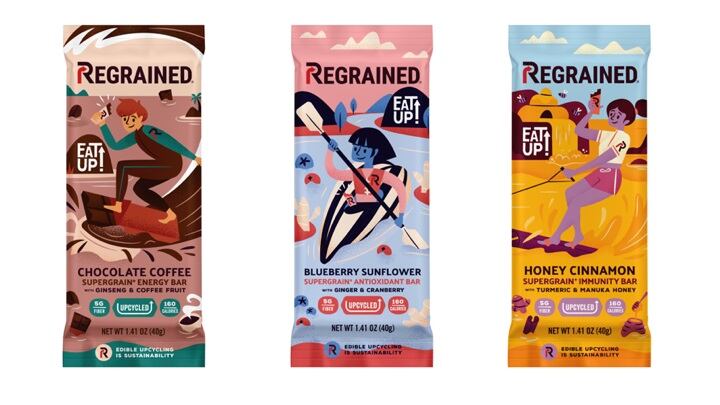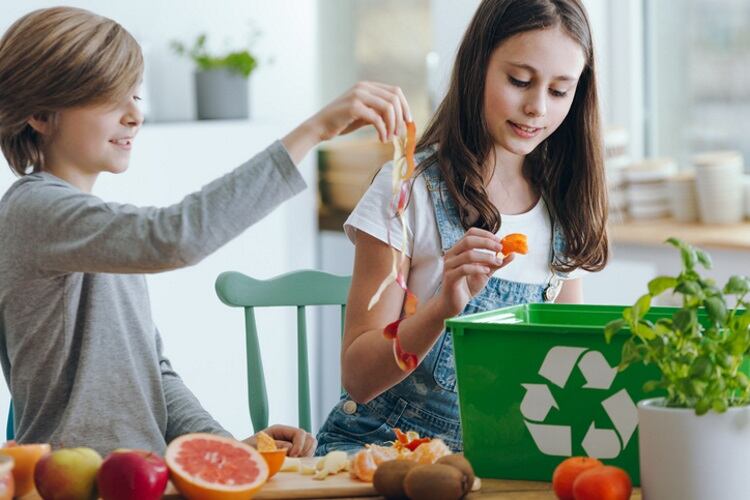Reducing food waste is the most effective solution of all to climate change, according to the UFA.
Snacks made from upcycled ingredients – imperfect or ‘ugly’ produce that would have gone to waste – is a growing trend, with brands such as Barnana pioneering the way.
Caue Suplicy, founder and chairman of Barnana (a founding member of UFA) and a Climate Week 2020 UFA event panellist, said it has upcycled over 100 million bananas that were just short of the ideal length or a day shy of retail-demanded ripeness into better-for-you snacks like Banana Bites and Cookie Brittle since business took off in 2012.
“Our exploding and deeply passionate fan base is making Barnana one of the fastest growing natural snack brands in the US,” said Suplicy.
Roughly 30%-40% of food produced around the globe is wasted – an abhorrent failure in the face of the huge number of people that never know where their next meal will come from, the unnecessary resource use and harmful greenhouse gases emitted from rotting foods in landfill.
Upcycling food helps minimise this all by creating new, high-quality products from otherwise wasted – but perfectly nutritious – ingredients.
Upcycled food movement gaining traction
According to the UFA, 60% of people want to buy more upcycled food products and 95% of this group want to do their part to reduce food waste. However, many don’t understand the concept of an upcycled food.
The free-to-attend virtual event – Positive Climate Action Through Upcycled Foods: What Are They, How Do They Help, and Where Can I Get Some? – is being staged on September 22, 2020, at 11am (Eastern).
Turner Wyatt, CEO of UFA, will moderate the discussion with Emily M. Broad Leib, Clinical Professor of Law, founding director, Harvard Law School Food Law and Policy Clinic; Caitlin Leibert, director of Sustainability, Chipotle Mexican Grill; and Barnana’s Suplicy.
“The upcycled food movement is gaining traction and we need to let consumers know about the tremendous climate cooling potential of turning former food waste into value-added products,” said Wyatt.
“The UFA has 100 business members and new organizations are joining daily. Now it’s time for consumers to support these planet-champions. It’s a positive action people can take at a time when many are feeling anxious about the future.”
On a mission
In April, the UFA released its landmark Defining Upcycled Foods: A Definition for Use Across Industry, Government and Academia report, which fleshes out key elements of the upcycled food concept.
The report was developed with a broad coalition of task force members from government agencies, industry organisations, the nonprofit sector and universities.
UFA is planning to extend its mission with an upcycled food certification programme, scheduled for October 2020.
“Task force members are committed to helping consumers understand upcycled foods and to providing a framework of requirements to help standardise the industry and avoid greenwashing,” said Broad Leib, who will discuss the five agreed-upon voluntary standards for items to officially be considered an upcycled food.
Register for the Climate Week 2020 virtual event here.
The Upcycled Food Association – launched in January 2020 – has quickly grown to include a network of more than 100 mission-driven businesses and nonprofits across three continents. Its mission is to reduce food waste, the most effective solution of all to climate change.





